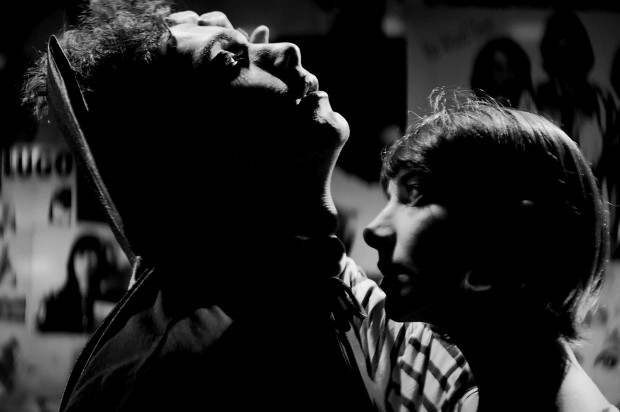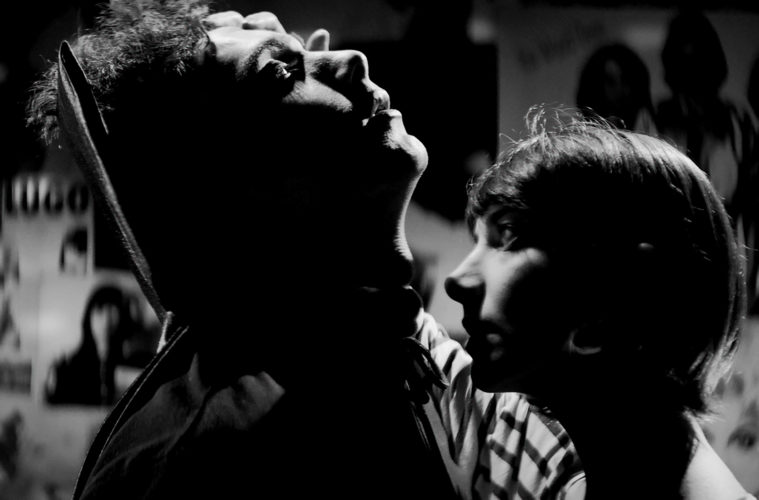
Dailies is a round-up of essential film writing, news bits, videos, and other highlights from across the Internet. If you’d like to submit a piece for consideration, get in touch with us in the comments below or on Twitter at @TheFilmStage.
A Girl Walks Home Alone at Night director Ana Lily Amirpour reveals her top 10 Criterions, topped by Mulholland Drive:
I was in film school when I first saw this film. I didn’t understand it. Or, more specifically, I watched it and then couldn’t grasp what had happened in any linear sense. I had conversations with film school friends about it, but I just couldn’t really remember anything except a girl-on-girl love scene and an audition. I watched it twenty-two times this way, not really remembering. Then one night, on an MDMA comedown, I couldn’t sleep and it was 8:00 a.m. and the movie was coming on. And suddenly I was able to process every second. It’s interesting, because a fever dream is a hard thing to grasp, and I like Lynch’s films because they induce these dreams. That morning I was living a fever dream, so the film was suddenly apparent. And it’s such a complete portrait of the agony of Hollywood.
Slamdance have unveiled their 2016 line-up at Variety, including Last Summer starring Rinko Kikuchi.
Watch Todd Haynes‘ recent discussion of Safe at Film Society of Lincoln Center (and our interview with him on the film):
Cinematographer Michael Ballhaus (Goodfellas, longtime Rainer Werner Fassbinder collaborator) will be honored at the 2016 Berlin Film Festival with a Golden Bear, THR reports.
Watch Patti Smith discuss Bob Dylan and Dont Look Back, now on Criterion:
David Bordwell discusses the work of Agnès Varda:
Sixty years ago, a twentysomething photographer released a film shot in an out-of-the-way French fishing village. Coming right after Rossellini’s Voyage to Italy and Fellini’s La Strada (both 1954), the result announced something new in cinema. Like those other works, it looked forward to the French Nouvelle Vague and the cinematic modernism of Antonioni, Bergman, and a host of other filmmakers.
But the status of Agnès Varda’s La Pointe Courte (1955) became apparent only with the most distant hindsight. It didn’t win big attention on the festival circuit, in the international market, or in the pages of highbrow film magazines. Denied a commercial release, La Pointe Courte circulated mostly in French ciné-clubs. In the early 1980s, when I saw it at the Brussels Cinematek, it was still a rarity.
After highlighting our 10 favorites performances, watch Ingrid Bergman‘s first Hollywood screen test for Intermezzo:

